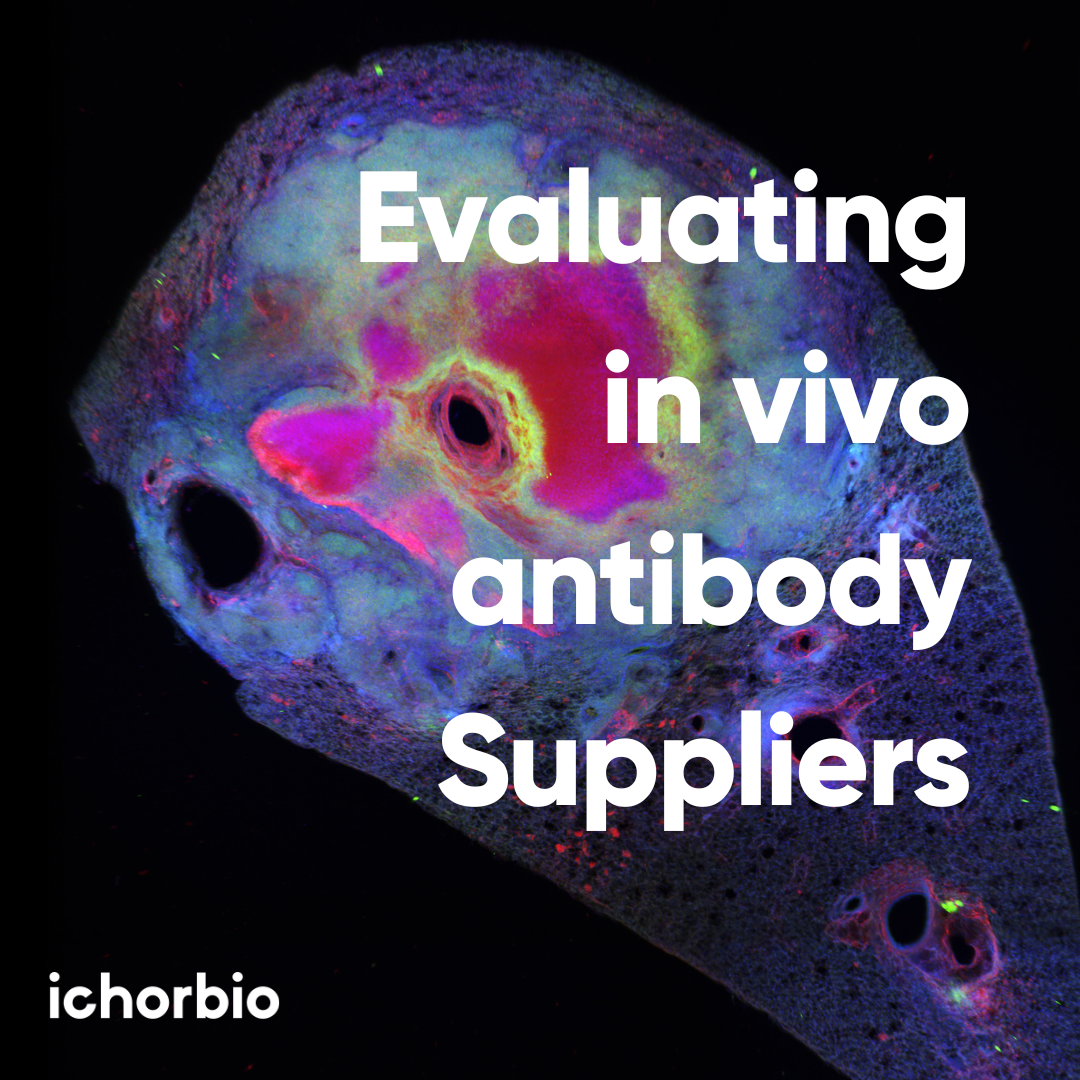Essential Factors to Consider When Evaluating In Vivo Antibody Suppliers

Selecting a reliable and reputable in vivo antibody supplier is crucial for ensuring the success and reproducibility of your research. The quality of the antibodies you use can significantly impact the outcomes of your in vivo studies, making it essential to choose a supplier that meets your specific requirements. This article will discuss the key factors to consider when evaluating in vivo antibody suppliers.
1. Quality control and validation
A reliable antibody supplier should have stringent quality control measures in place to ensure the consistency and reliability of their products. Inquire about their quality control processes, such as purity testing, endotoxin level assessment, and aggregation analysis. The supplier should also provide validation data, including specificity, sensitivity, and reproducibility, to support the antibody's performance in in vivo applications.
2. Antibody production and purification methods
Different production and purification methods can affect the quality and functionality of antibodies. Ask the supplier about their antibody production processes, such as the cell line used, expression system, and purification techniques. Reputable suppliers often use well-established and validated methods to produce high-quality antibodies suitable for in vivo use.
3. Pathogen testing and biosafety
In vivo antibodies must be free from adventitious agents that can compromise the health of animal models and confound research results. Ensure that the supplier conducts comprehensive pathogen testing, such as IMPACT (Infectious Microbe PCR Amplification Test), to screen for common contaminants. Additionally, inquire about their biosafety practices and whether they comply with relevant regulations and guidelines.
4. Customization and flexibility
Some research projects may require custom antibody production or modifications to meet specific experimental needs. Evaluate the supplier's flexibility and willingness to accommodate custom requests, such as antibody fragmentation, labeling, or the production of specific isotypes. A responsive and adaptable supplier can help streamline your research process and provide tailored solutions.
5. Technical support and expertise
Working with a supplier that offers knowledgeable technical support can be invaluable when troubleshooting or optimizing your in vivo experiments. Assess the supplier's level of expertise in antibody development and in vivo applications. Look for a supplier with a team of experienced scientists who can provide guidance on antibody selection, experimental design, and data interpretation.
6. Shipping and logistics
The timely delivery of antibodies is essential to maintain the progress of your research. Evaluate the supplier's shipping policies, including temperature-controlled packaging, delivery times, and international shipping capabilities. Consider the supplier's location and whether they have a reliable supply chain to ensure consistent availability of the antibodies you require.
7. Reputation and customer support
Research the supplier's reputation in the scientific community by reading customer reviews, publications, and case studies. Look for a supplier with a track record of providing high-quality antibodies and excellent customer service. Responsive and helpful customer support can make a significant difference when addressing concerns or seeking assistance with your orders.
8. Pricing and value
While cost is an important consideration, it should not be the sole determining factor when selecting an in vivo antibody supplier. Evaluate the value provided by the supplier in terms of product quality, reliability, and customer support. Consider the long-term cost implications of using high-quality antibodies that can generate reproducible and reliable results, ultimately saving time and resources.
Conclusion
Evaluating in vivo antibody suppliers requires careful consideration of multiple factors to ensure the success and integrity of your research. By assessing the supplier's quality control measures, production methods, pathogen testing, customization options, technical expertise, shipping capabilities, reputation, and overall value, you can make an informed decision and select a supplier that meets your specific research needs. Investing time in choosing the right in vivo antibody supplier can significantly contribute to the quality and reproducibility of your in vivo studies.


